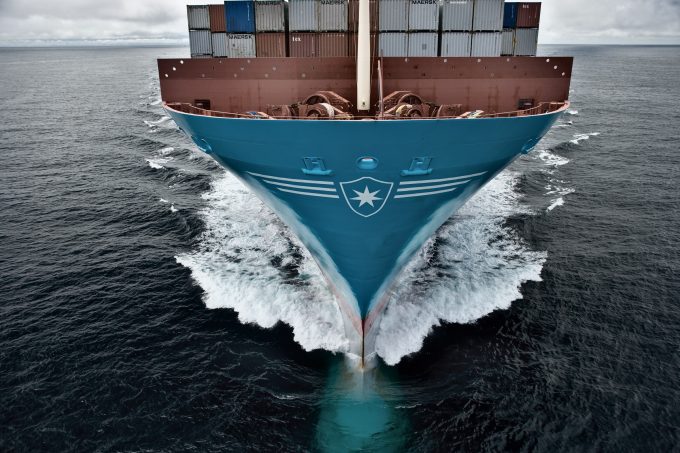
By Mike Wackett
Maersk says it learned a lesson from the financial crash and will not resort to a market-share grab to fill its ships during the pandemic downturn.
The company reported a net profit of $443m for the second quarter, which compares with a profit $154m for the ...

Comment on this article